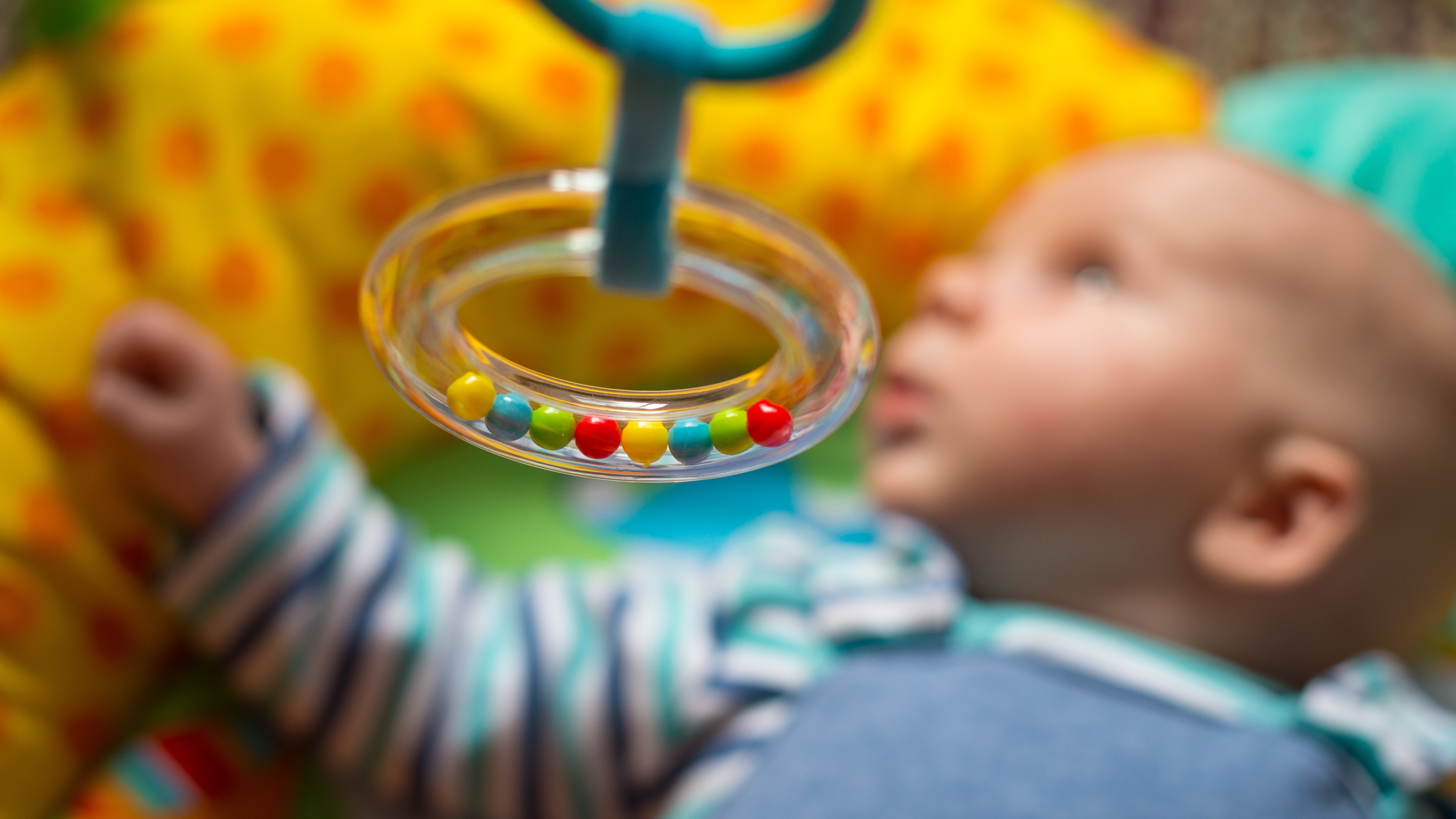It causes infections in the lungs and respiratory tract. Experts have said measures like an enhanced flu jab programme and rapid tests for flu and rsv could help to deal with some of the risk
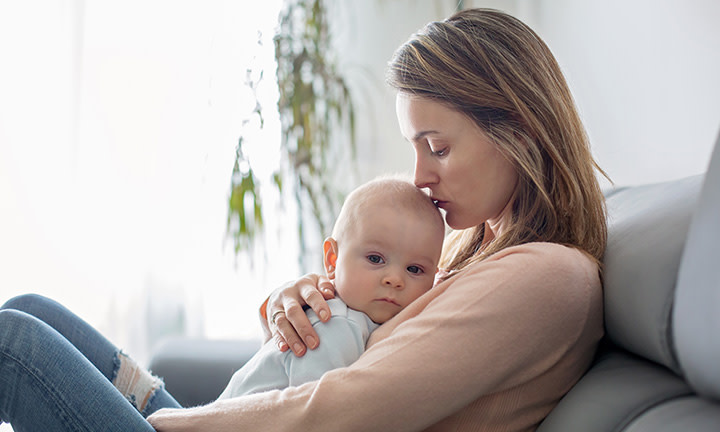
All About Rsv In Babies Pampers Uk
Rsv is a very common virus and almost all children are infected with it by the time they're 2 years old.

What is rsv in babies nhs. This is different from adults who can sometimes get rsv infections and not have symptoms. Respiratory syncytial virus ( rsv) is an enveloped rna virus and is in the same family as the human parainfluenza viruses and mumps and measles viruses. It’s a common virus which almost all children will have caught by the time they reach the age of two.
“by the age of two, almost all infants will have been infected with rsv and up to half will have had bronchiolitis.”. It affects up to one in three babies between the months of november and march. Rsv (respiratory syncytial virus) is a common virus that spreads primarily among children, but can affect adults too.
If the lungs become affected it can lead to breathing difficulties and may require hospital treatment. Rsv is a virus that can cause serious respiratory infections (infections of the lungs and airways), such as pneumonia and bronchiolitis (inflammation of the airways). Rsv is a very common virus and almost all children are infected with it by the time they are two years old.
In temperate countries like the uk, rsv occurs in epidemics each winter. For most, it results in nothing more than a cold, but for infants and the elderly it can lead to life. “around one in three children in the uk will develop bronchiolitis during their first year of life.
Infants who get an rsv infection almost always show symptoms. In older children and adults, rsv may cause a cough or cold, but in young children it can cause bronchiolitis. Rsv is one of the common viruses that cause.
It can lead to bronchiolitis in babies and younger children although it normally only causes a cough or cold in older children and adults. Your baby's tongue or lips are blue; In infants, rsv is the main cause of bronchiolitis.
It is the most common cause of bronchiolitis and pneumonia in children younger than 1 year of age. It most commonly affects babies between three and six months of age. What is respiratory syncytial virus (rsv)?
Rsv is very common in children and almost all children are infected with it by their second birthday. Rsv infection occurs throughout life. Your baby is having difficulty breathing;
Rsv can also cause more severe infections such as bronchiolitis, an inflammation of the small airways in the lung, and pneumonia, an infection of the lungs. The virus exists all year round. Almost all children will have had an infection caused by rsv by the time they are two.
There are long pauses in your baby's breathing; Rsv causes the tiniest air passages in children’s lungs to become swollen and full of mucus. The virus causes the smallest airways in your baby’s lungs (the bronchioles) to become swollen, inflamed, and clogged up with mucus (bmj 2016).
Rsv is one of the most common viruses which causes bronchiolitis. It most commonly affects babies between three and six months of age. This can make it more difficult for your baby to breathe.
Typically, rsv accounts for approximately 450,000 gp appointments, 29,000 hospitalisations and 83 deaths per year in uk children and adolescents, the majority among infants, according to modelling. In very young infants (less than 6 months old), the only symptoms of rsv infection may be. “around one in three children in the uk will develop bronchiolitis during their first year of life.
It causes infections in the lungs and respiratory tract. Bronchiolitis is caused by a virus known as the respiratory syncytial virus (rsv), which is spread through tiny droplets of liquid from the coughs or sneezes of someone who's infected. Rsv (respiratory syncytial virus) is a common virus that spreads primarily among children, but can affect adults too.
Rsv is a common contagious virus that causes infections of the respiratory tract. Rsv can cause critical illness in babies born premature or sick, and those with underlying medical conditions such as chronic lung disease (also known as bronchopulmonary dysplasia, or bpd) congenital heart disease, and other conditions affecting the immune system. “by the age of two, almost all infants will have been infected with rsv and up to half will have had bronchiolitis.”
Clinicians at both doncaster royal infirmary and bassetlaw are seeing an increase in respiratory illness in children as restrictions have eased and families begin to mix once again, with cases higher than usual for this time of year and further increases expected over winter months. The virus is the leading cause of bronchiolitis in babies and. Healthy adults and infants infected with rsv do not usually need to be hospitalized.
In most cases, the respiratory syncytial virus (rsv) is responsible. Usually, bronchiolitis is caused by a virus called respiratory syncytial virus (known as rsv). Bronchiolitis is when the tiniest air passages in your baby's lungs become swollen.
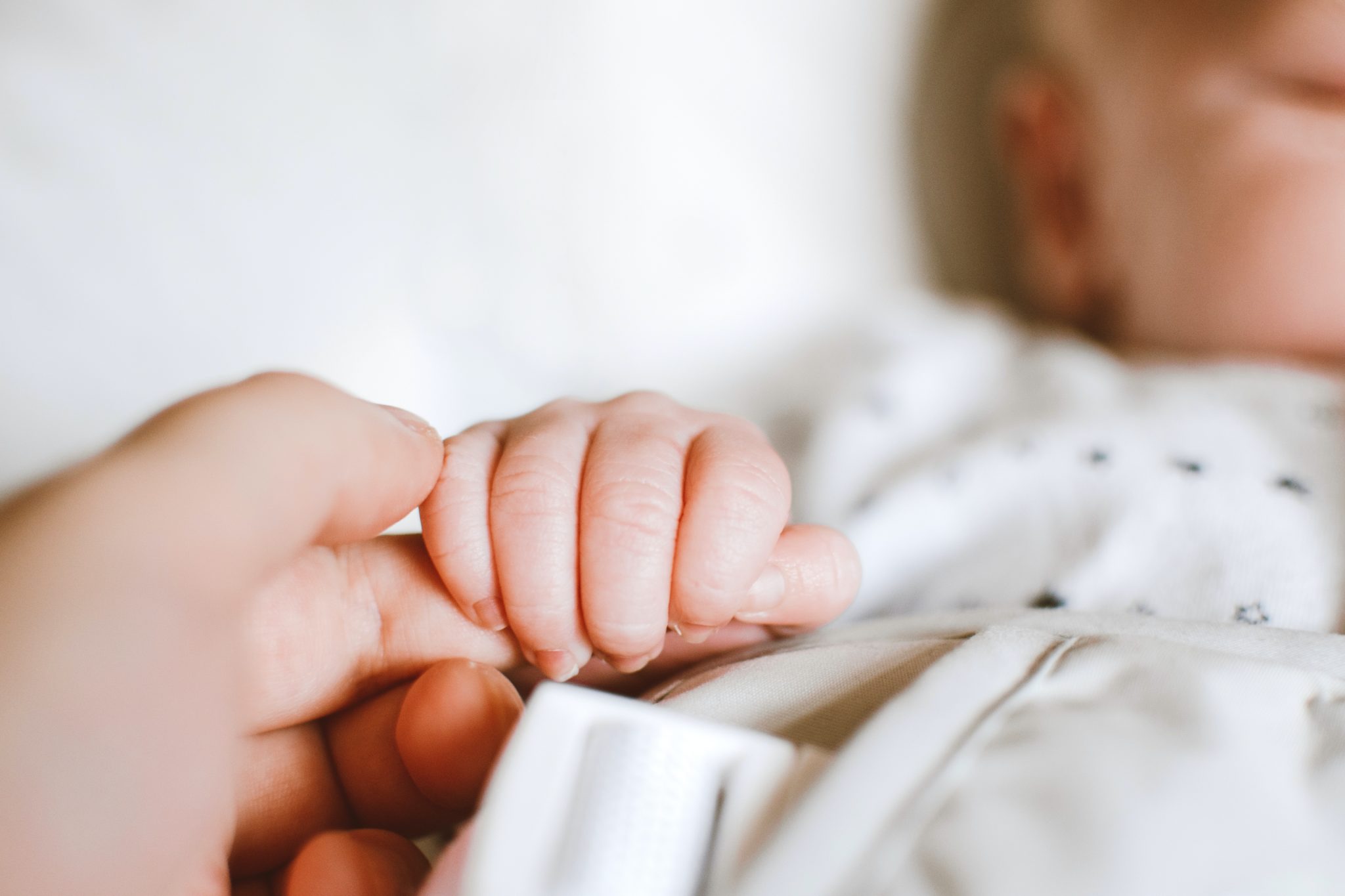
Know The Signs And Symptoms Of Respiratory Syncytial Virus Rsv - Doncaster And Bassetlaw Teaching Hospitals
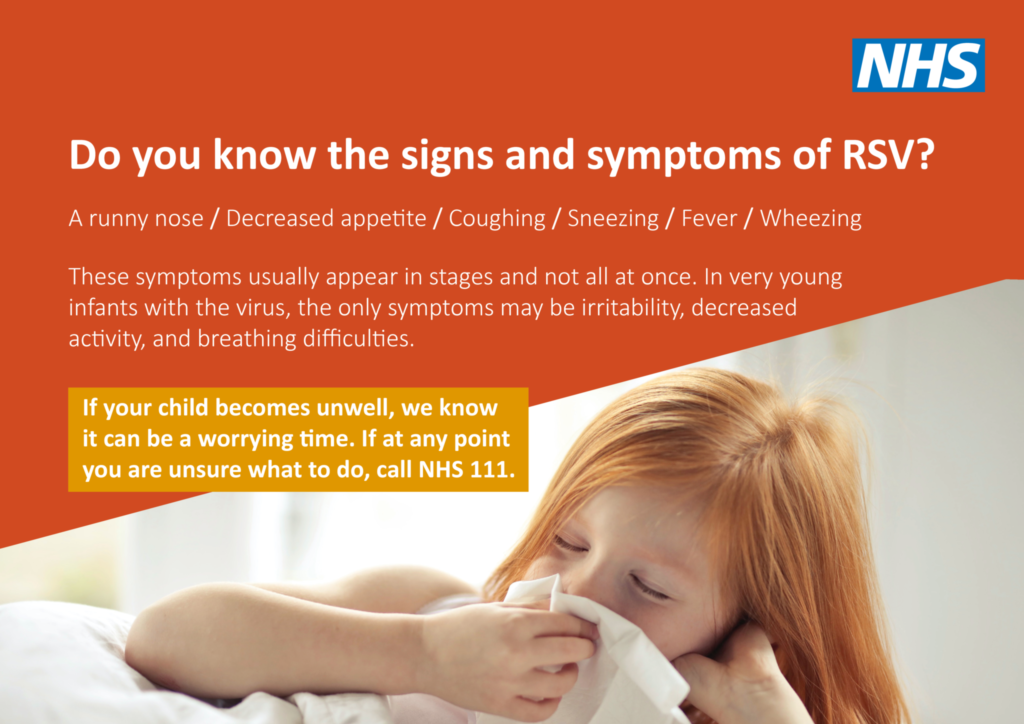
Know The Signs And Symptoms Of Rsv - Doncaster And Bassetlaw Teaching Hospitals
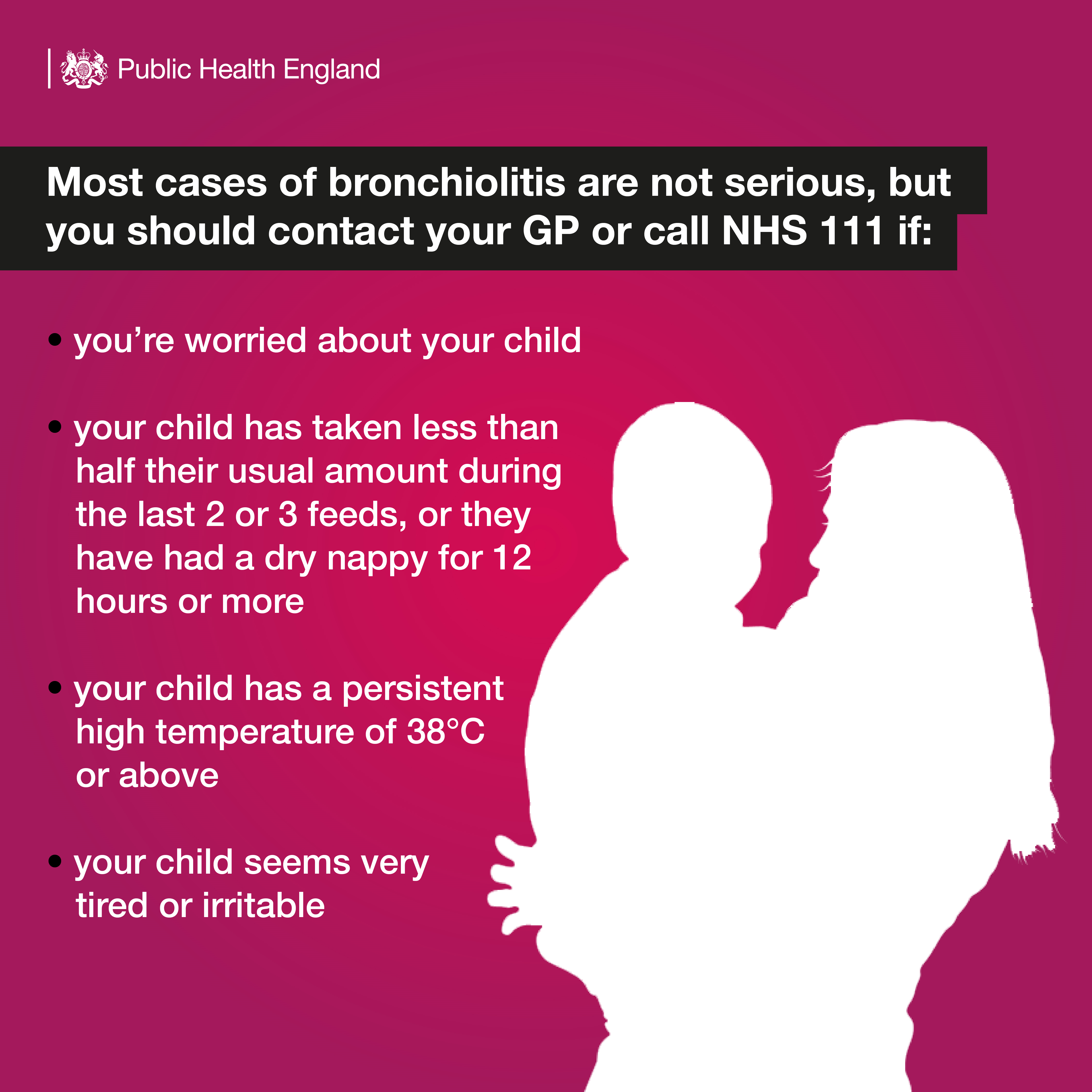
Bronchiolitis And Rsv Hertfordshire And West Essex Healthier Together
2

Public Website
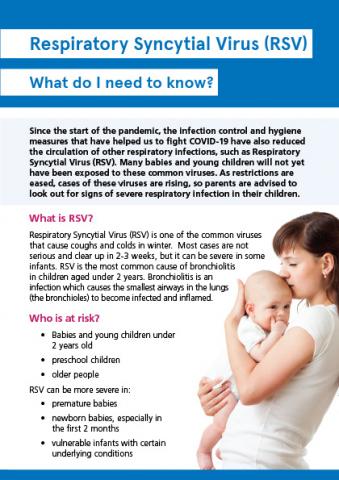
Respiratory Syncytial Virus Rsv What Do I Need To Know Hsc Public Health Agency
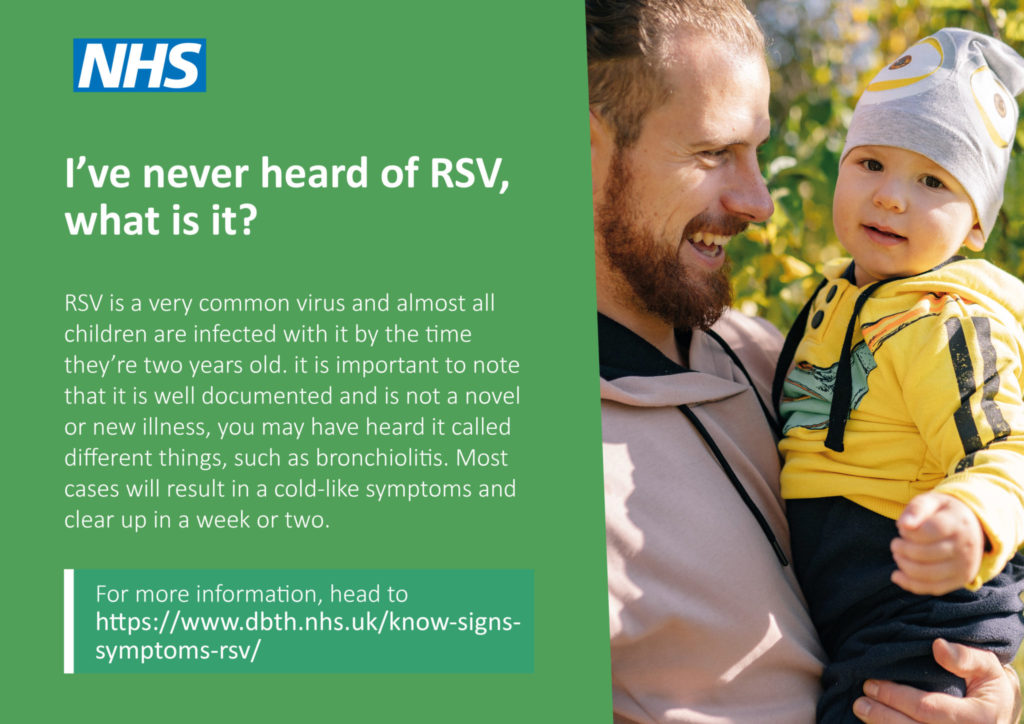
Know The Signs And Symptoms Of Rsv - Doncaster And Bassetlaw Teaching Hospitals

What Is Rsv Symptoms Of Respiratory Syncytial Virus Explained And Why Nhs Expects An Outbreak This Winter Nationalworld
2

Respiratory Syncytial Virus Rsv Vaccine Knowledge
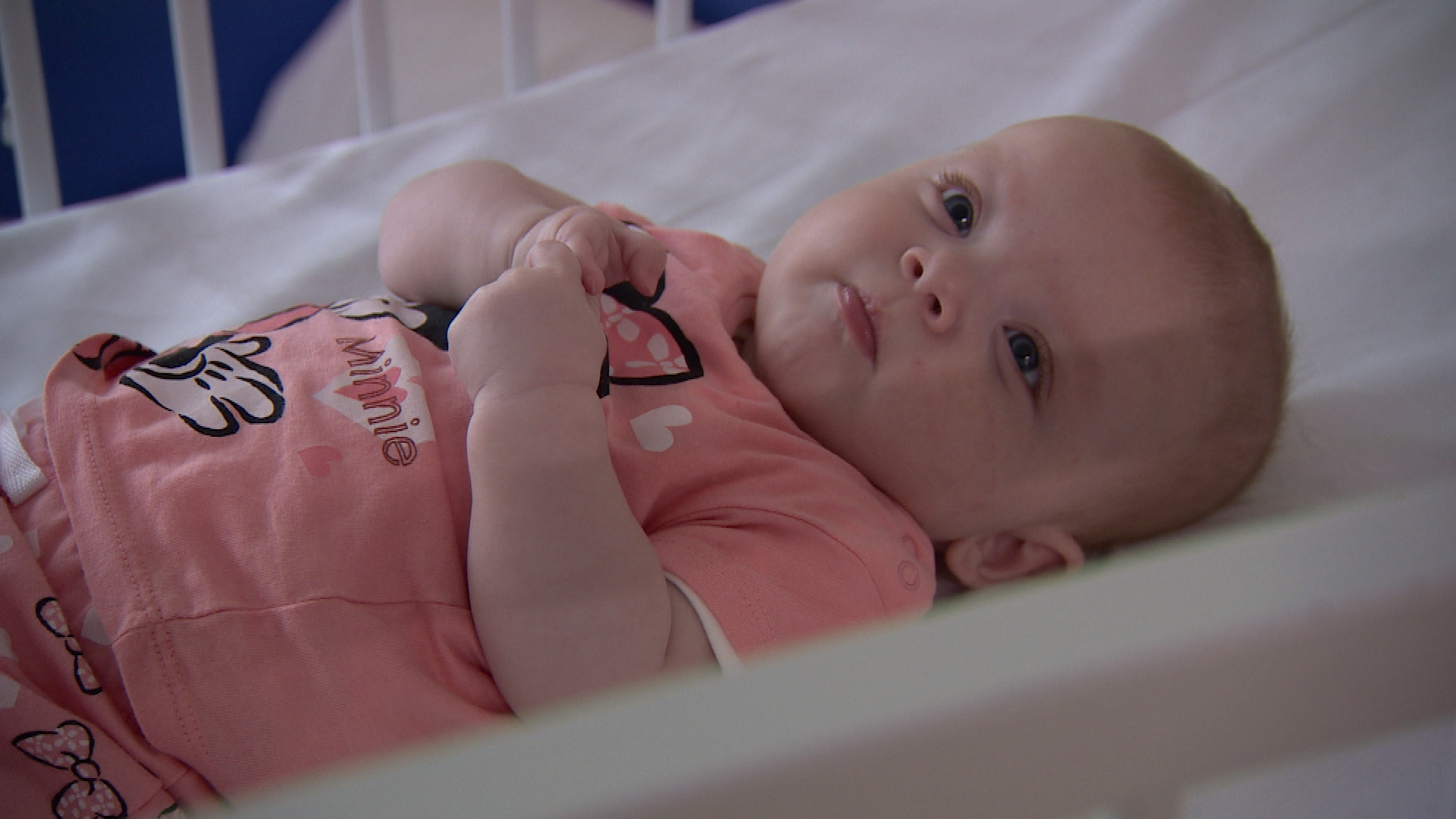
Respiratory Syncytial Virus What Is It And What Are The Symptoms In Young Children Itv News Granada

Increased Respiratory Viruses Spreading Amongst Infants And Children This Summer Frimley Health And Care
What Are The Signs And Symptoms Of Respiratory Syncytial Virus As Rsv Cases Increase In Children Itv News
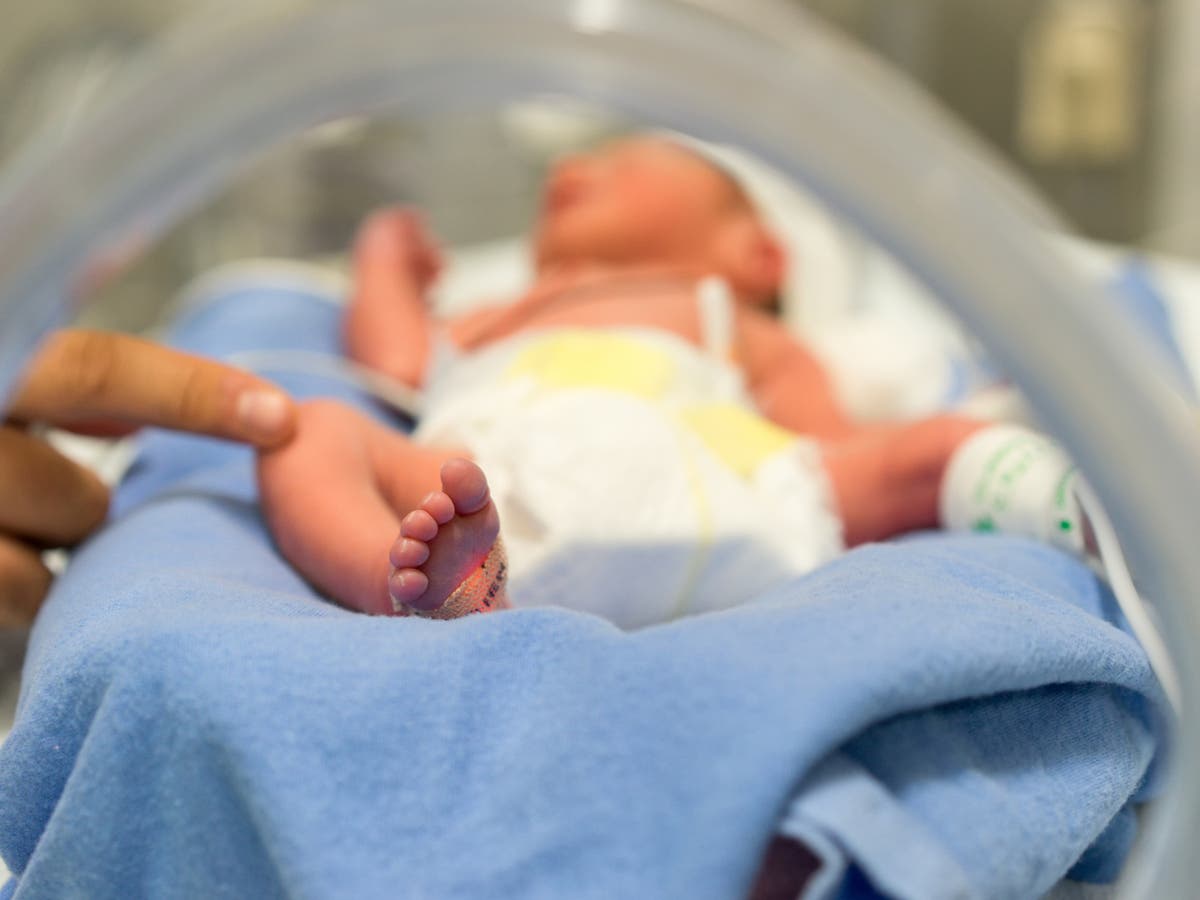
Nhs Expands Immunisation Against Childhood Virus Amid Fears Of 50 Per Cent Surge In Cases The Independent

Non-blanching Rash In An Infant With Bronchiolitis Nursing Times

Respiratory Illness In Children And When To Get Help - Southport Ormskirk Hospital - Southport Ormskirk Hospital

Respiratory Viruses In Children Nhs East And North Hertfordshire Clinical Commissioning Group
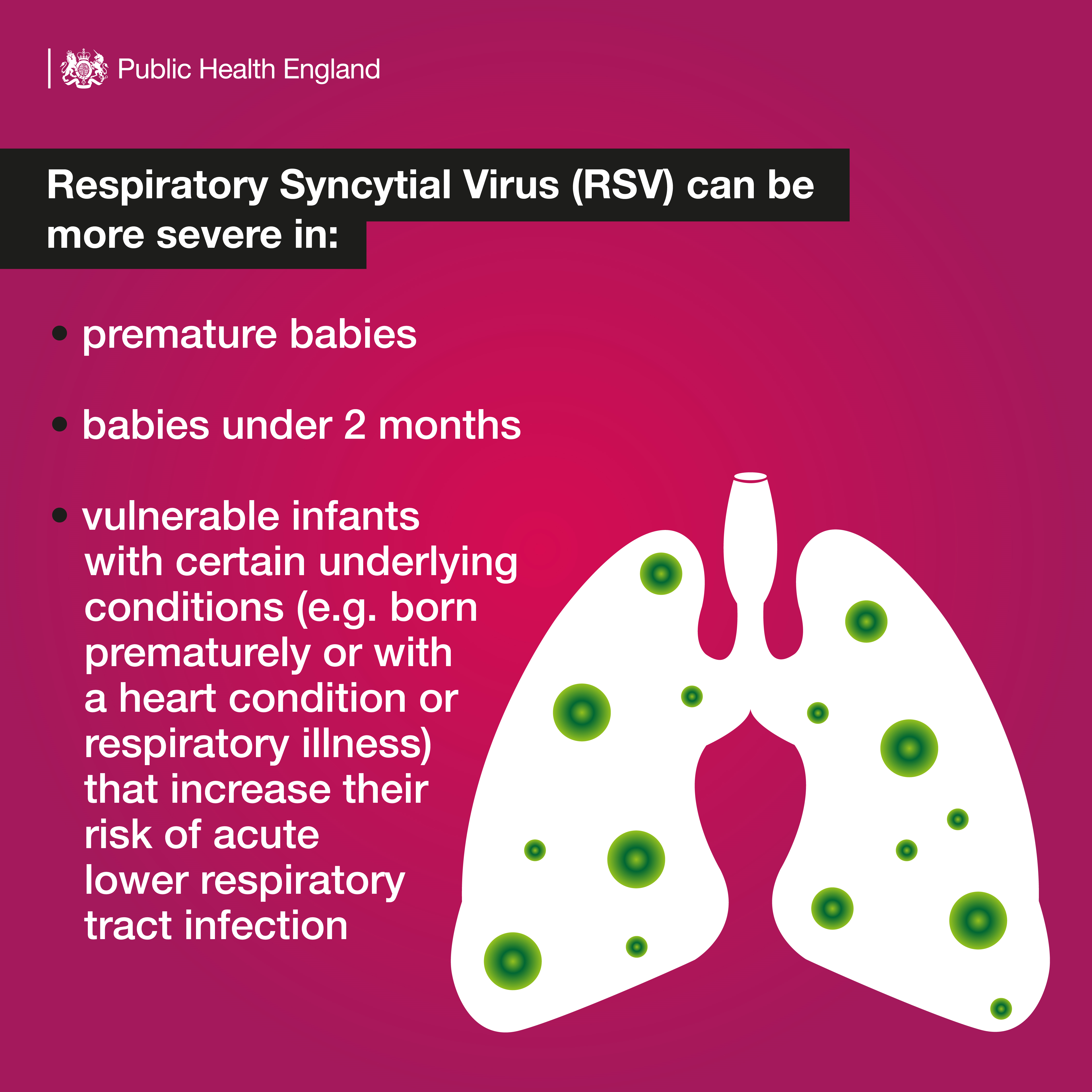
Bronchiolitis And Rsv Hertfordshire And West Essex Healthier Together
My Baby Has A Rash Healthier Together
